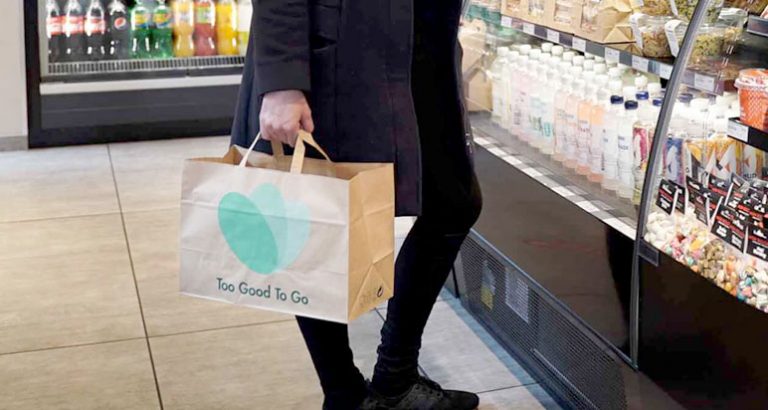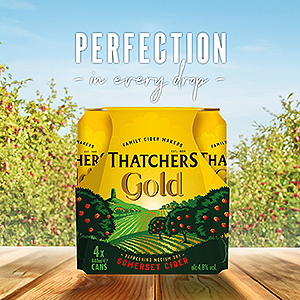In the latest in our series of research-based articles, Duncan Stewart of 56 Degree Insight discusses how convenience stores can play a part in meeting customer demand for more environmentally friendly produce and practices.
By Duncan Stewart
A survey undertaken by 56 Degree Insight in April found that whilst the cost of living has become the issue which Scots consumers are most concerned about, their levels of concern over protecting the environment have not been diminished. Indeed, 55% told us that minimising climate change was one of their principal concerns, a slight increase from the level recorded at the beginning of the year.
Reflecting these findings, a survey we undertook recently focused on the food and drink choices made by Scots found that the majority of consumers want to be able to make a difference when it comes to protecting the environment. While 77% already try to have a positive impact on the environment in the everyday actions, almost as many (67%) are looking for more ways that they can do the right thing. Women, younger people and members of the more affluent social classes were the population groups most likely to say that doing more to protect the environment was important to them.
So the evidence is clear, consumers want to be able to make a difference – but sometimes this can be easier said than done. Making sustainable choices is often difficult given our hectic lifestyles, tightening budget, a lack of knowledge on the best produce to buy and restricted options available in some stores.
This demand presents a significant opportunity for local convenience stores, beginning with your own ways of working. In the same survey two in three Scots (67%) told us that when shopping for food and drink it was important to be made aware of measures taken by stores to reduce waste and increase sustainability in its operations.
Or course the rising demand for more environmentally friendly food and drink choices also presents opportunities in terms of the produce stocked in convenience stores. According to The Vegan Society the number of vegans in the UK quadrupled between 2014 and 2019. While our survey showed that a relatively small percentage of the Scottish population (6%) eat vegan food all of the time, a much larger proportion (22%) are flexitarians, choosing to have a vegan diet some of the time (the growing popularity of ‘meat free Mondays’ is a good example of this).
Where our food comes from is also increasingly important to consumers. As covered in previous articles, there is growing demand for locally produced food for a wide variety of reasons. A major factor in this trend has been the desire to minimise the carbon footprint of the food and drink we consume. Reflecting this trend, 55% of consumers in our survey stated that food miles are important when choosing food and drink.
Packaging is also a key consideration as consumers try to make more environmentally friendly choices. When choosing which food and drink products to purchase, most consumers state that it is important to them to have minimal packaging, ideally plastic-free or recyclable (66%). The clear labelling of a product’s environmental credentials on packaging (or via in-store information) was also found to be important.
So in short, whilst consumers are undoubtedly feeling the pinch as prices rise, the climate crisis and concerns about the environment aren’t going away. By stocking the right produce, providing clear information, and thinking about the environment in our operations we can help them to make the choices they want.
Duncan Stewart is Managing Partner of Edinburgh-based research and insight specialists 56 Degree Insight.







